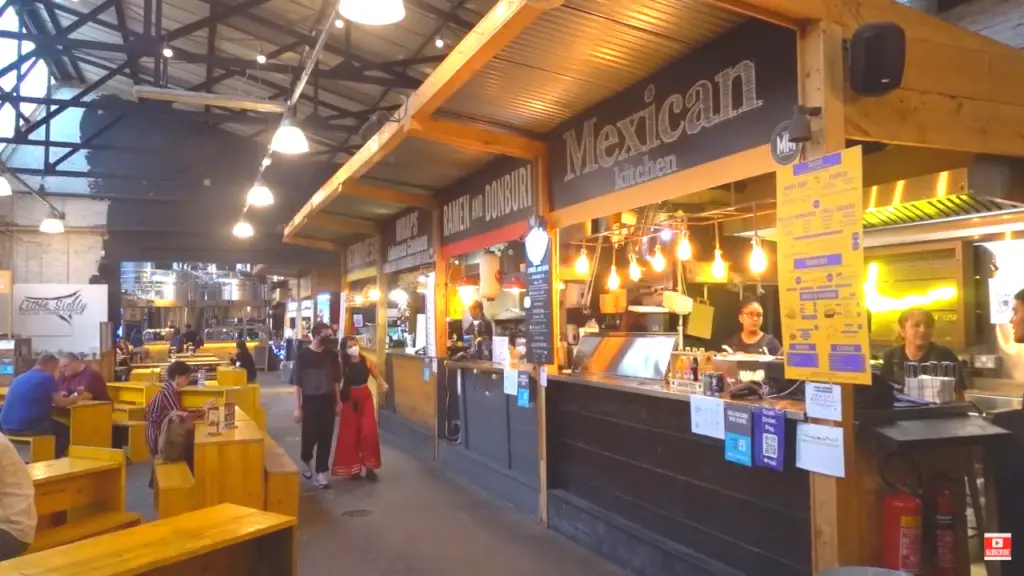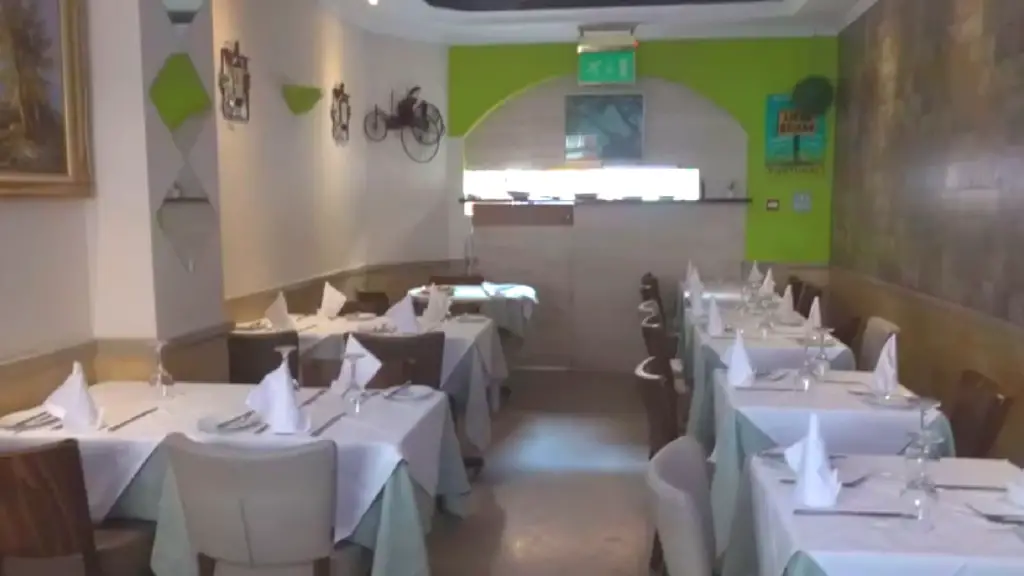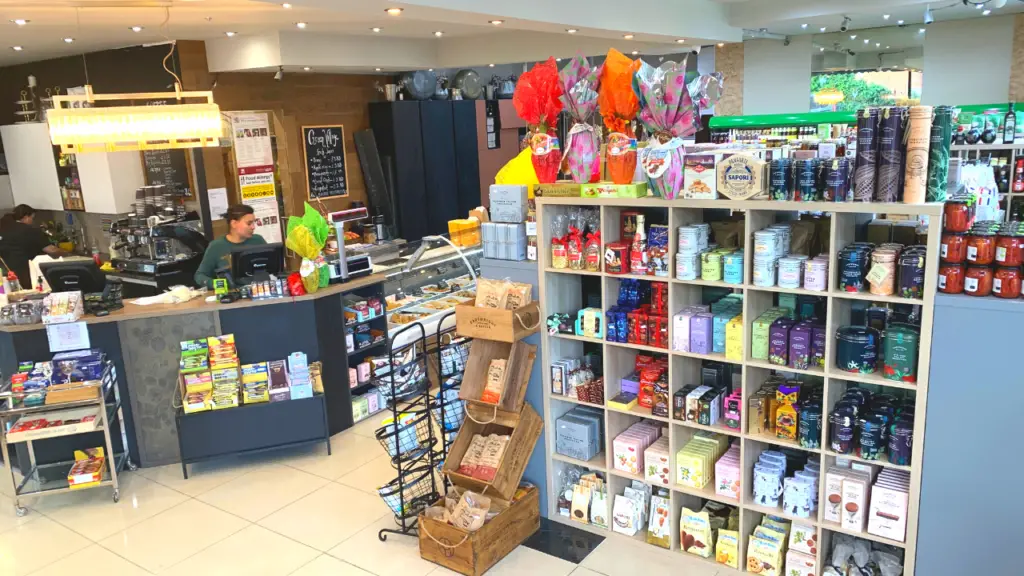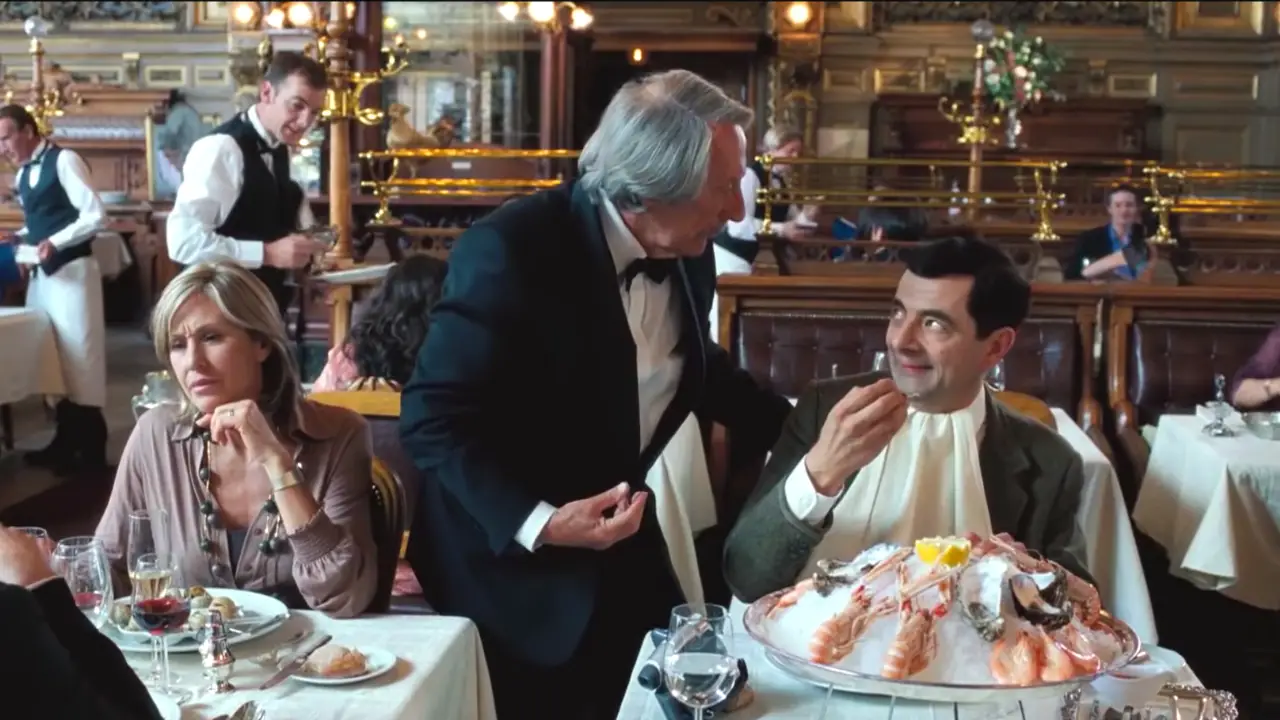How much does it really cost to open a restaurant in the UK?
Below are some of the main outlays you will require
(1) Rent or purchase of the property
The cost of rental or property purchase is one of the largest expenses associated with starting a restaurant. The cost of rent or property purchase depends on the location, with prime locations being the most expensive.
The cost of renting or purchasing a restaurant in the UK can vary widely depending on several factors, such as location, size, and type of restaurant. On average, the cost of renting a restaurant space can range from £10,000 to £30,000 per year, while the cost of purchasing a restaurant can range from £50,000 to £500,000 or more.
Factors such as the location, size, and condition of the property can significantly impact the cost. Additionally, purchasing a restaurant often requires a significant amount of upfront capital, including a down payment, legal fees, and other costs associated with buying a business. It’s important to do thorough research and due diligence to ensure you understand the costs involved and can make an informed decision about renting or purchasing a restaurant.
(2) Equipment
The cost of purchasing kitchen equipment, tables, chairs, and other furnishings can quickly add up. The type of equipment you need will depend on the type of cuisine you are serving, with some types of cuisine requiring specialized equipment.
You will also need to consider the expenses incurred for installing and maintaining various types of equipment that are necessary for running a restaurant successfully. This includes kitchen equipment such as ovens, stoves, refrigerators, and grills, dining room equipment like tables, chairs, and linens, and other miscellaneous equipment such as dishwashers, blenders, and point-of-sale systems.
Equipment costs are typically a significant portion of a restaurant’s startup budget and ongoing expenses, as well as a key factor in determining the overall efficiency and productivity of the establishment. To minimize equipment costs, restaurant owners can opt for energy-efficient models, negotiate better deals, and properly maintain their equipment to extend its lifespan.

(3) Licenses and permits
You will need to obtain a number of licenses and permits in order to operate a restaurant in the UK, including a food hygiene certificate and a liquor license. The cost of these licenses and permits can vary, depending on the type of establishment you are opening.
Licenses and permits are an important aspect of starting and operating a restaurant, as they are required by various government agencies to ensure that restaurants are following local, state, and federal laws and regulations.
Some of the common licenses and permits required for restaurants include a business license, food service permit, liquor license (if serving alcohol), and health department permit. Additionally, restaurants may also require special permits for outdoor seating, live entertainment, and other specific types of operations.
It is important for restaurant owners to research and understand the specific licenses and permits required for their type of business and location, as failure to obtain them can result in penalties and legal issues. Restaurants must also renew their licenses and permits on a regular basis, typically annually, to ensure that they are up-to-date and in compliance with changing regulations.
(4) Staffing:
Staffing is another major expense for restaurants in the UK, with the cost of wages and benefits adding up quickly. The size of your staff will depend on the size of your restaurant and the type of cuisine you are serving.
The cost of staffing a restaurant in the UK can be one of the largest expenses for a business owner. The staffing costs for a restaurant can include salaries for front-of-house staff, such as servers and bartenders, as well as back-of-house staff, including chefs and kitchen staff. The cost of staffing can also include benefits, such as health insurance, pension plans, and paid time off.
On average, staffing costs for a restaurant can range from 30% to 50% of total expenses, although this can vary depending on the size and type of restaurant. To minimize staffing costs, business owners may consider hiring part-time or seasonal staff, offering flexible schedules, or implementing a system of cross-training to maximize efficiency and minimize staffing needs. It’s important to carefully consider staffing costs and to budget appropriately to ensure the long-term success of your restaurant business.

(5) Marketing and advertising:
In order to attract customers, you will need to invest in marketing and advertising. This can include print ads, online ads, and other promotional materials.
Marketing and advertising are essential components of a successful restaurant business in the UK. The cost of marketing and advertising can vary widely, depending on the size and type of restaurant, as well as the marketing strategies used. On average, marketing and advertising costs for a restaurant can range from 5% to 10% of total expenses.
Some common marketing and advertising strategies for restaurants include online advertising, social media marketing, email marketing, event sponsorship, and public relations. It’s important to develop a comprehensive marketing plan and budget that takes into account the unique needs of your restaurant and target audience. Effective marketing and advertising can help build brand awareness, attract new customers, and drive sales, making it an important investment for the long-term success of your restaurant business.
How do I fund my restaurant business?
Starting a restaurant business can be an expensive and challenging process, but there are several ways to fund it. Here are some of the most common methods:
- Personal savings: This is the easiest and most straightforward way to fund your restaurant business.
- Bank loans: You can apply for a business loan from a bank to cover the start-up costs of your restaurant.
- Investors: If you have a solid business plan and are confident in your prospects, you can try to attract investors to fund your business.
- Crowdfunding: Platforms like Kickstarter or Indiegogo allow you to raise funds from a large number of people.
- Grants: Government grants for small business owners may be available, depending on your location and industry.
- Partnerships: You can also partner with another business or individual to share the costs and responsibilities of running the restaurant.
Ultimately, the best way to fund your restaurant business will depend on your specific circumstances, such as your credit score, the amount of funds you need, and the type of business you want to start. It’s important to carefully consider all your options and seek professional advice if necessary.
How can I buy food from suppliers and pay later?

As a new business, many suppliers will ask you to create an account with them which will quite possibly involve an application with information about your business and who you are. They will also decide if they want to supply you or not depending on your application. Although suppliers will after time give you credit, It could take some time to build this trust with them and as they have had their fingers burnt in the past some are reluctant when it comes to giving credit.
Some food suppliers offer terms to their customers that allow them to pay for their purchases later. Here are some steps you can take to secure payment terms with food suppliers:
- Build a good reputation: If you have a good reputation with your suppliers, they may be more likely to extend credit to you. This means paying bills on time and maintaining good communication.
- Negotiate payment terms: When placing an order, ask your supplier if they offer payment terms and what their terms are.
- Provide financial information: Some suppliers may require financial information, such as tax returns or bank statements, to determine your creditworthiness.
- Use a line of credit: You can apply for a line of credit from a bank or other financial institution, which can be used to pay suppliers.
- Establish a history with the supplier: The more business you do with a supplier, the more likely they are to trust you and extend payment terms.
How do I find suppliers for my restaurant?
Finding the right food suppliers for your restaurant can be a crucial step in the success of your business. Here are some steps to help you find and choose the right suppliers:
- Research: Look for local suppliers who can provide the type of food and ingredients you need. You can also ask other restaurant owners.
Food and kitchen equipment suppliers
Bookers Wholesale
Makros cash and carry (part of the booker’s group)
Bidfood frozen food suppliers
Carnevale Italian food products
Amazon kitchen and restaurant equipment
Spanishpassionfoods for all your Spanish food products
Fine foods UK for fine dining food products
Bookers wholesale cash & carry
Booker Group plc, previously known as Booker Cash and Carry, is a British wholesale distributor serving the hospitality, catering, and retail sectors in the United Kingdom. They supply food, drinks, and other essentials to a wide range of customers including small independent retailers, caterers, and large businesses. Booker Group is based in London and operates under several different brands, including Booker Wholesale, Classic Drinks, Ritter Courivaud, and Chef Direct.
Makros cash and carry (part of the booker’s group)
Makro is a chain of cash and carry wholesale stores that were established in the Netherlands and is now owned by Metro AG, one of the largest wholesale and retail companies in the world. Makro operates stores in several countries including the United Kingdom, South Africa, Spain, Portugal, and the Netherlands.
They provide a wide range of products including food, household items, electronics, and office supplies to both businesses and individuals. Makro’s cash and carry stores are designed to serve customers who are looking for high-volume, low-priced products, and they offer a variety of services to support businesses of all sizes.
Bidfood frozen food suppliers
Bidfood is a leading food service provider that supplies frozen food, as well as fresh produce, groceries, and other food and beverage products, to the hospitality and catering industries. They serve customers across the United Kingdom and Ireland and offer a wide range of products from well-known brands, as well as their own label products.
In addition to frozen food, Bidfood also offers a variety of services including menu planning, food and kitchen consultancy, and training and development. With their extensive range of products and services, Bidfood aims to support customers in delivering high-quality food experiences to their customers.
Carnevale (Italian food suppliers)
Carnevale is a well-known supplier of Italian food products, providing a wide range of authentic ingredients, specialty products, and traditional Italian dishes to customers in the food service industry. They offer a variety of products, including cured meats, cheeses, pasta, sauces, and desserts, all made with high-quality ingredients and traditional methods.
Carnevale is committed to delivering authentic Italian flavors and cuisine to its customers, and its products are carefully sourced from the best suppliers and producers in Italy. With a focus on quality and tradition, Carnevale is a popular choice among customers who want to bring the taste of Italy to their menu.
Amazon for kitchen and restaurant equipment
Amazon offers a wide range of kitchen and restaurant equipment for both home and commercial use. From small appliances like toasters, coffee makers, and blenders, to large equipment like ranges, ovens, and refrigerators, Amazon has it all.
They also offer a variety of cookware, bakeware, and kitchen tools, as well as storage solutions like pantry organizers and food storage containers. Whether you’re a home cook or a professional chef, Amazon has the kitchen equipment you need to create delicious meals. In addition, Amazon provides detailed product information, customer reviews, and comparisons, so you can make informed decisions about your kitchen equipment purchases.
Spanishpassionfoods
Spanish Passion Foods is a company that specializes in the import and distribution of high-quality Spanish food products. They offer a wide range of authentic Spanish ingredients, including olive oils, cured meats, cheeses, and specialty sauces and condiments.
Spanish Passion Foods is committed to sourcing only the finest products from the best producers in Spain, and their products are made using traditional methods and recipes passed down from generation to generation. By bringing the flavors and ingredients of Spain to customers around the world, Spanish Passion Foods aims to bring a taste of the Mediterranean to kitchens everywhere.
Fine food specialists UK(for fine dining products)
Fine Food Specialists is a food and beverage distributor that provides a range of high-quality products to the hospitality and catering industries. They offer a wide range of products, including artisanal cheeses, cured meats, specialty drinks, and unique condiments and ingredients.
Fine Food Specialists works with small, independent producers and suppliers to bring a selection of premium, carefully crafted products to its customers. With a focus on quality and authenticity, Fine Food Specialists aims to bring unique and delicious flavors to the tables of chefs and food enthusiasts everywhere. By offering a carefully curated selection of products, Fine Food Specialists helps customers create memorable dining experiences for their guests.
Conclusion:
The total cost of opening a restaurant in the UK can range from a few thousand pounds to hundreds of thousands, depending on the size and type of establishment. It is important to carefully consider all of these costs when planning and budgeting for your restaurant.
Related posts:
- Discover 10 Favorite Ice Cream Flavors in the UK

- Chichester Canal Boat Ride: Discover the Tranquil Waterway

- Why Paddleboarding is Becoming a Favorite Water Activity


